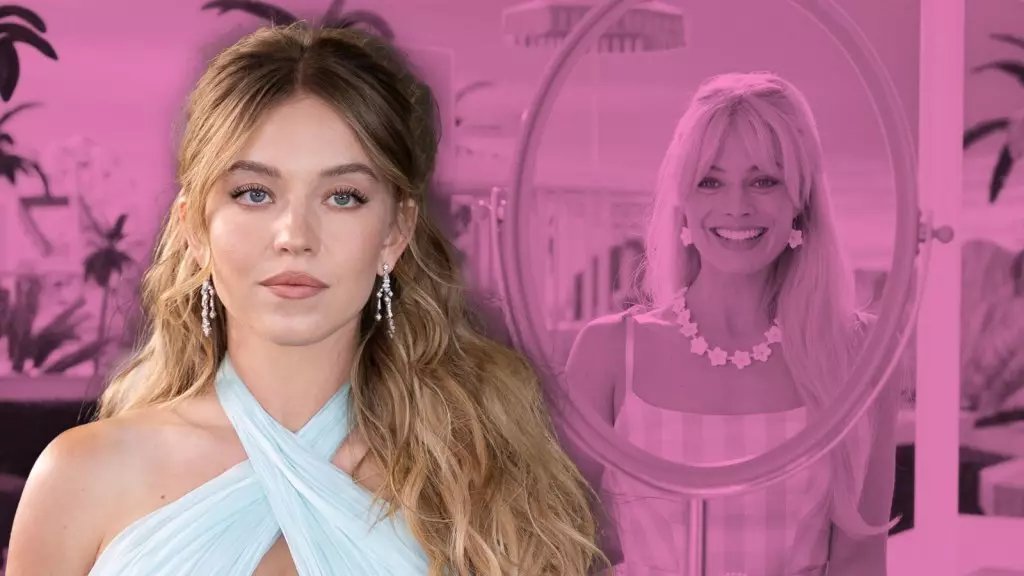The recent comments surrounding the potential for a *Barbie* sequel highlight a striking reality about Hollywood’s obsession with franchises: despite studios’ desires to milk successful properties, the creative minds behind these movies often have their own visions. Warner Bros.’ openness contrasted sharply with Margot Robbie’s pointed assertion that the original *Barbie* stands alone without immediate plans for a follow-up. This dissonance reveals a fascinating truth—what studios see as lucrative franchises are often nothing more than fleeting trends, while filmmakers like Greta Gerwig understand that storytelling is an art, not a commodity to be forced into a formula. Rob Robbie’s perspective underscores a crucial point: the desire for more isn’t always driven by storytelling integrity, but by profits and market saturation. The Hollywood machine, in its relentless pursuit of continued revenue, frequently neglects the importance of narrative coherence, risking the very brand it seeks to extend.
The Power Struggle Between Artists and Studios
The tension between producers’ ambitions and filmmakers’ creative visions is central to modern Hollywood. Margot Robbie’s candid remarks reflect a protective stance—she recognizes that stretching a story beyond its natural endpoint dilutes its original charm and authenticity. Her skepticism about a sequel mirrors a broader skepticism among actors and directors who believe that sequels often compromise artistic integrity. Conversely, studios continue to chase dollar signs, eager to transform successful properties into cinematic universes. This clash is not merely about business; it’s about the artistic responsibility to deliver meaningful stories rather than cash grabs. Robbie’s stance indicates a desire to preserve the integrity of her work, even if it means resisting the franchise machine—a stance that many creators wish Hollywood would embrace more often.
Stars at the Crossroads: Personal Growth vs. Industry Expectations
Beyond franchise wars, the personal journeys of stars like Sydney Sweeney shed light on a different struggle: balancing career growth with industry expectations. Sweeney’s enthusiasm about returning to *Euphoria* after setbacks underscores her resilience, but it also exposes a broader issue—young actors are often forced into roles or projects that pigeonhole them into certain images or narratives. Her openness about the wild twists in her character Cassie’s storyline suggests a desire to challenge herself artistically, yet the industry’s tendency to compartmentalize talent limits genuine creativity. While Sweeney’s excitement about reconnecting with her “OG family” offers a glimpse into the importance of genuine collaboration, it also hints at the undercurrent of dependency on familiarity in Hollywood. Young stars need to assert agency over their careers, but the industry’s hierarchical system often leaves them vulnerable to being molded into marketable commodities rather than authentic artists.
The Future of Hollywood: Artistic Integrity or Business as Usual?
In the end, the ongoing tug-of-war between artistic authenticity and commercial demands continues to define Hollywood’s landscape. When studios like Warner Bros. declare their interest in sequels, yet filmmakers like Robbie express skepticism, it reveals a fundamental truth: the industry is caught between genuine storytelling and relentless monetization. The risk is that Hollywood’s fixation on franchises and formulaic narratives stifles innovation and alienates audiences seeking original, meaningful content. As viewers, we are witnessing a paradigm shift—one where creative vision is increasingly sidelined by bottom-line concerns. This ongoing struggle raises vital questions: Should Hollywood prioritize storytellers’ artistic integrity, or will it forever be a slave to profit-driven formulas? It’s a debate that will continue to shape the industry’s trajectory for years to come, revealing that in Hollywood, control remains the ultimate power, often at the expense of genuine artistry.


Leave a Reply